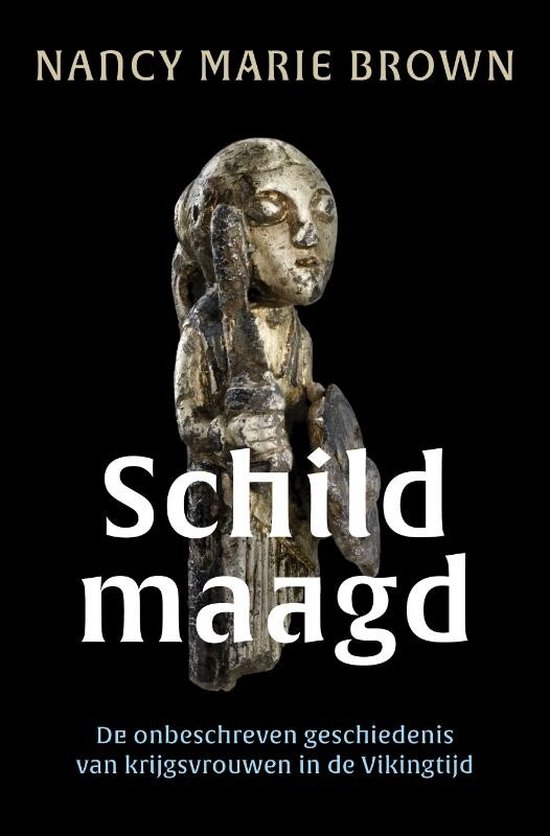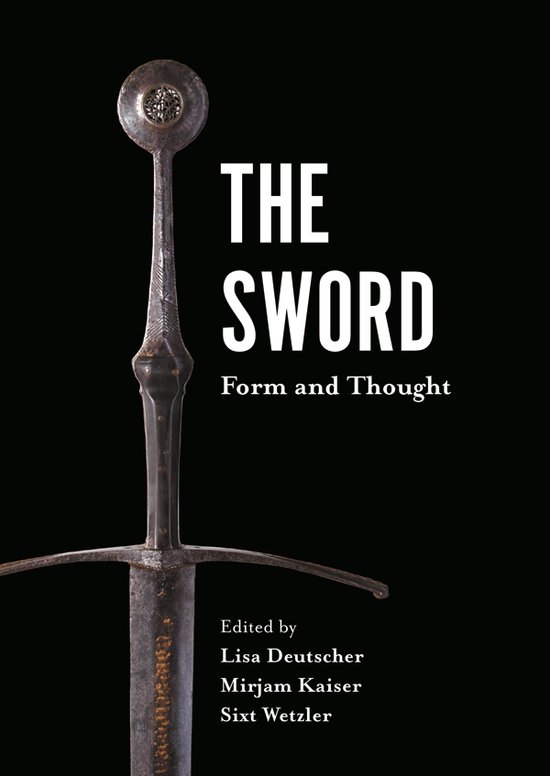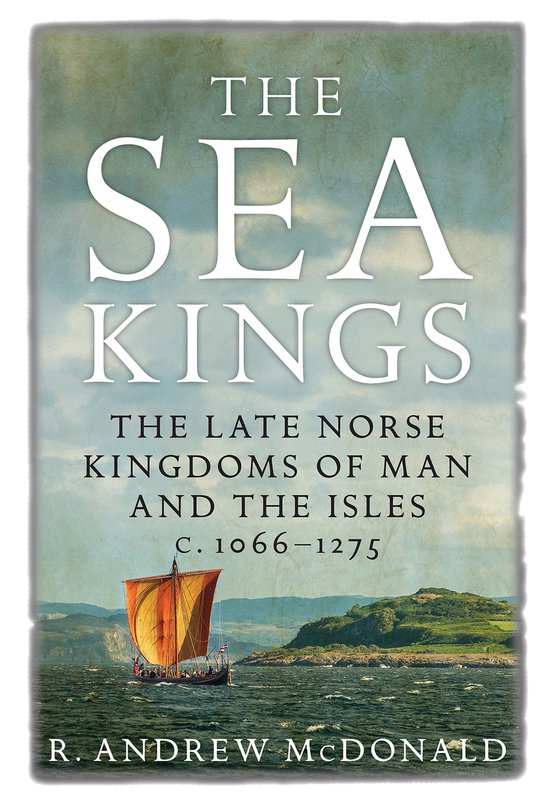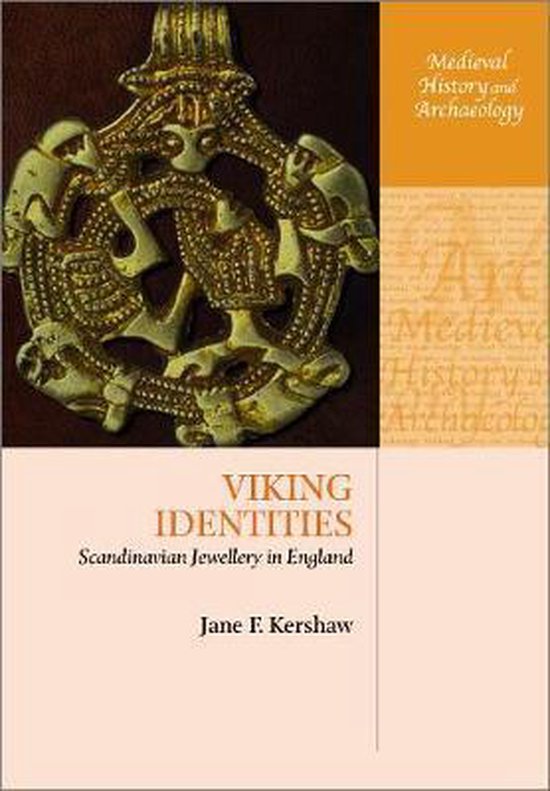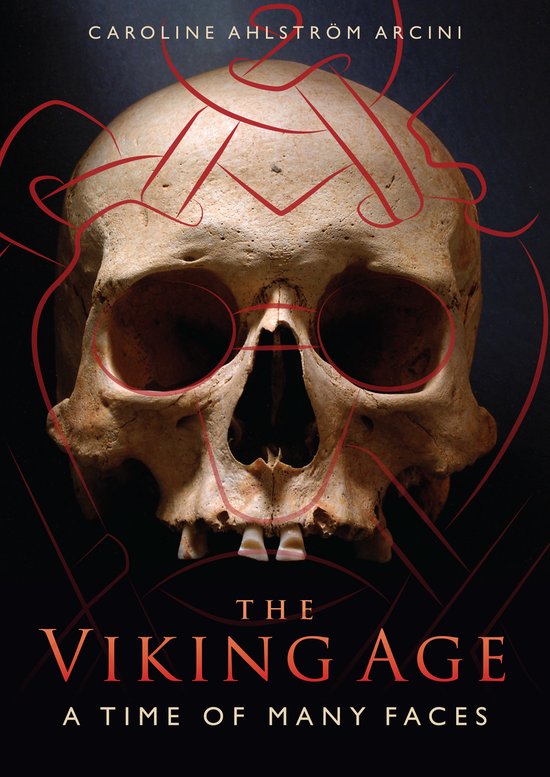
The Viking Age
A major publication from the 'Migration during the Viking period' project, this book explores life during the Viking period from a new perspective. Using osteological material, it examines attitudes towards visible aspects of demography and health, such as migration, disease, disablement, and body modification.
The majority of literature about the Viking period, based on artefacts or written sources, covers battles, kings, chiefs and mercenaries, long distance travel and colonisation, trade, and settlement. Less is said about the life of those that stayed at home, or those that immigrated into Scandinavia, whether voluntarily or by force. This book uses results from the examination of a substantial corpus of Swedish osteological material to discuss aspects of demography and health in the Viking period – those which would have been visible and recognisable in the faces or physical appearances of the individuals concerned. It explores the effects of migration, from the spread of new diseases such as leprosy to patterns of movement and integration of immigrants into society. The skeletal material also allows the study of levels of violence, attitudes towards disablement, and the care provided by Viking communities. An overview of the worldwide phenomenon of modified teeth also gives insight into the practice of deliberate physical embellishment and body modification. The interdisciplinary approach to questions regarding ordinary life presented here will broaden the knowledge about society during the Viking Age. The synthesis of the Swedish unburnt human skeletal remains dated to the Viking age will be a valuable resource for future research, and provides an in-depth view on Viking age society.
The majority of literature about the Viking period, based on artefacts or written sources, covers battles, kings, chiefs and mercenaries, long distance travel and colonisation, trade, and settlement. Less is said about the life of those that stayed at home, or those that immigrated into Scandinavia, whether voluntarily or by force. This book uses results from the examination of a substantial corpus of Swedish osteological material to discuss aspects of demography and health in the Viking period – those which would have been visible and recognisable in the faces or physical appearances of the individuals concerned. It explores the effects of migration, from the spread of new diseases such as leprosy to patterns of movement and integration of immigrants into society. The skeletal material also allows the study of levels of violence, attitudes towards disablement, and the care provided by Viking communities. An overview of the worldwide phenomenon of modified teeth also gives insight into the practice of deliberate physical embellishment and body modification. The interdisciplinary approach to questions regarding ordinary life presented here will broaden the knowledge about society during the Viking Age. The synthesis of the Swedish unburnt human skeletal remains dated to the Viking age will be a valuable resource for future research, and provides an in-depth view on Viking age society.
| Auteur | | Caroline Ahlström Arcini |
| Taal | | Engels |
| Type | | Paperback |
| Categorie | | Geschiedenis |
